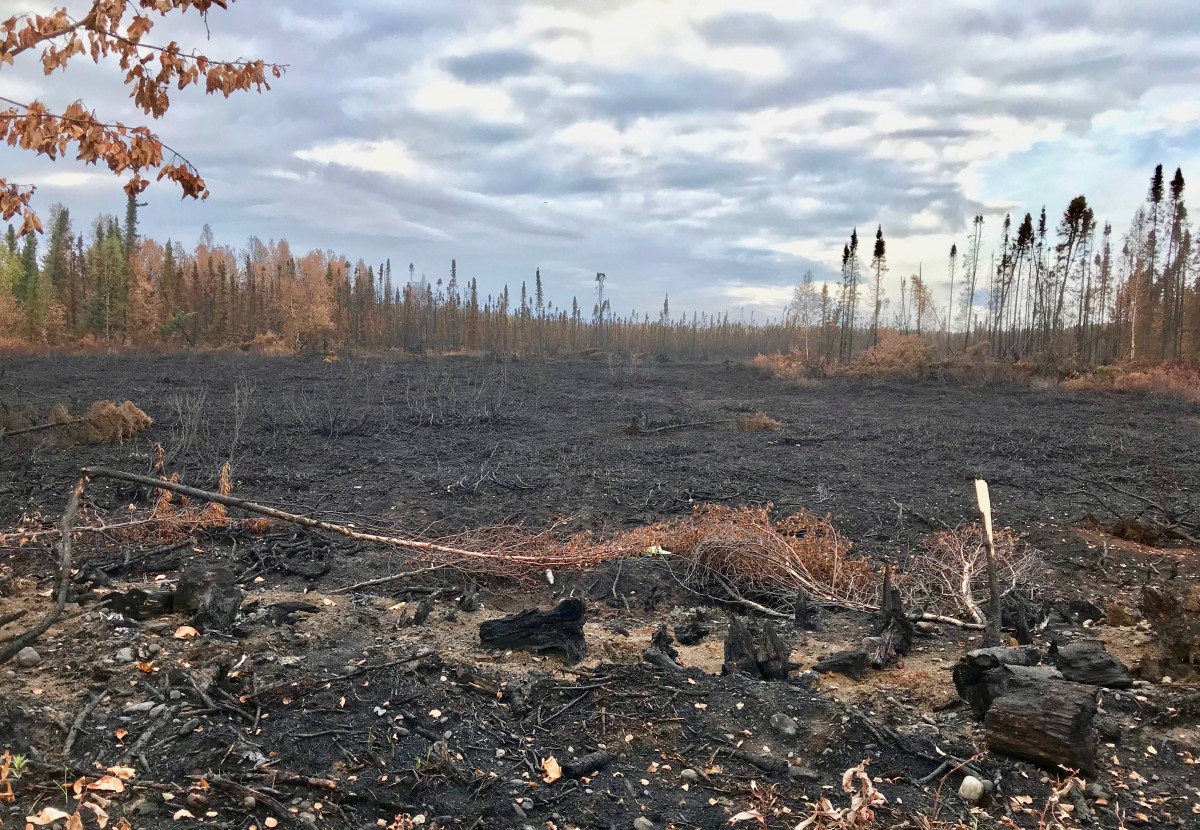From Utopia to Dystopia?

Our dystopian future has already arrived. Movie and Sci-Fi fans may be familiar with the dismal and decayed and depressed prognostications of the likes of Blade Runner or Mad Max, or Logan’s Run. After experiencing such movies people may be grateful their bucolic village or scenic suburbia are nothing like the degenerate communities they spent $9.75 to watch, and they’d be wrong.
Real dystopian societies begin their rot from the inside out. The decrepit and debased scenery on the big screen (or the slums of Baltimore, Detroit, pick your least favorite worst big city) are purely the physical manifestations of the rot and decay of the corroded minds of its residents.
Nowhere is such rot more evident than in our public discourse on political and cultural matters where indecency, obtuseness, and dis-ingenuousness are applauded, and honor and integrity are found intolerable. Up is down and right is wrong.
Unsocial Media
We can all quickly scan through media and social network sources to point out worst case examples without looking very far. We can chat with friends or colleagues to experience the numbed down inanity of critical reasoning skills and the dearth of any acquaintance with the causality of why bad things lead to worse. Here are two recent experiences I share just to demonstrate how rotten are our collective minds. I’m sure you have several examples of your own.
Friends?
Some time back I was invited to be a ‘Friend’ on a FaceBook website, ostensibly because they thought I’d enjoy the postings and might engage in some meaningful dialogue on the topics. I enjoyed the personal experience postings but was diametrically opposed to the political postings. Normally a rational response is to provide none; I normally do. However, on a few occasions, I’ve commented a dissenting view and engaged in a mature dialogue on how my perspectives differed. No big deal, they were good dialogues and we usually ended by agreeing to disagree.
Exceptions
On one occasion I took exception to a comment made by another poster (not the originator) casting unwarranted aspersions on another responder. Their comment was designed purely to shut down discussion with a point of view they disagreed with; they had no intent to understand why the other held different views and learn from it.
They certainly were not interested in trying to educate the other by identifying how their comment and position lacked merit. Their comment was the equivalent to a public throat punch.
I had the audacity to console the first poster (the alleged ‘Racist’) and encouraged them to continue to engage even in the face of the ‘smackdown.’ I drew attention to bad behavior, and for my calling it what it was, I too was demonized with further unwarranted insults.
Surprisingly this included the person who invited me to their page. Rather than agree that they were not supportive of the original disparaging comments by their friend to another friend, they were ‘offended’ that I referred to those remarks as ‘childish and unimaginative.’
Offending by calling out offensive behavior
The point I wish to showcase is that the person who drew attention to the original bad behavior was deemed by most readers to have been the offensive one for having done so. It is as if to suggest that it’s socially acceptable to be offensive if the views one holds are commonplace, but one should be reprimanded for drawing attention to it by accurately characterizing it for what it is. Today it is offensively bad form to publicly recognize bad behavior.
But matters are actually worse. It is because many do not recognize the original offending insults to be disparaging as they are so commonly cast about in ordinary social discourse. Our society has become desensitized to bad behavior, and common decency is no longer common in our public commons.
No Place for Differing Views
The leap to a decayed society from this kind of behavior is not too far off. Educated people who purport to be open-minded, tolerant and inclusive end up being neither when they only engage in echo chambers. This is what happens when they vicariously and viciously attack differing views.
Secondly, any society that attacks the moral, ethical or legal ’gatekeepers’, whether that be the police, or clergy or a simple guy on Facebook, is destined to have no decency, confused morals, and diminished ethical guideposts. Such a society signs it’s own death warrant as it quickly dissolves into an abyss of self-destructive indulgences.
Dearth of Critical Reasoning Competencies
The second mundane, but emblematic example I’d like to highlight is with a conversation I recently had with a very lovely, delightful lady who would seek no intentional harm to anyone.
Treasonous Service
Somehow we engaged in the discussion about a man who received notoriety for announcing he was running for the US Senate, a position of respect and considerable responsibility. Why this was interesting was that the man had recently left prison through a commutation of sentence (not exoneration) for treason to the very same nation he wished to represent in the Senate.
While I found this whole scenario outrageous, she saw nothing wrong with it and thought highly of the man for desiring to serve his nation. I found it incredulous that any reasonable person (and she is) could hold this view. So I delved further into understanding the position.
She recognized that it was an elected position and if the people of that state wanted to be represented by this man, it was their privilege to do so. I had to concede that in some bizarre sense, the view had some standing in logic.
But, I believe it was flawed – I’ll come to that shortly.
Guarded by Inmates
To better understand her thought process I asked her that if a man broke into her apartment, trashed the place, stole from her and went to jail for his offenses, would she be OK if the landlord later hired that man to provide apartment security?
She reflected for a few minutes and then thoughtfully said that if the man served his sentence, then he should not be further punished by not getting the job.
Again, I was flustered by the comment because while I found the outcome outrageous, I understand (and support) the principle by which she drew her conclusion.
How far to accept redemption?
To be undaunted, I raised the stakes. I asked that if her daughter (hypothetically, as she has no children) had been raped by a child molester and after that degenerate served his time in prison and set up a child care facility upon his release, would she be OK in sending her child to that facility (or support others in doing the same).
Yes, I do recognize that I’m an Ass for asking such a question, but I was curious…..
Again, she thought about it, and I could tell she was really hesitant. But she dug in her heels and suggested that it would be OK, based on the same principles with which she evaluated the previous cases. At this point, I could tell she was being obstinate because she really felt uncomfortable with the idea, but could just not figure out why. At this point, I couldn’t see any practical purposes for furthering this discussion, so we talked about the weather.
Are all Principles equal?
As I see it, here’s the problem with her response as with the previous FaceBook comments example. Both are judging human actions and interactions with a moral or ethical equivalency that levels all of our cherished principles as being equal to the others.
- Drawing attention to accepted bad behavior is seen as bad behavior.
- It’s acceptable for the man to represent those he previously betrayed because the traitor has a right to work and the people have a right to vote for whomever they wish.
- Turing over one’s security to another who has demonstrated their untrustworthyness must be acceptable because they deserve another chance.
- Risking one’s security (or their child’s) must be acceptable when balanced against the right for the redemptive opportunity of another.
This is a false equivalency as it fails to take into account that all principles are not equal. This argument leads to sacrificing higher principles to lower ones because they recognize no hierarchy within those principles.
Lost ability to appropriately discriminate?
The problem, again, as I see it, is that much of our society, either through poor educational systems, no religious affiliation (which used to provide baseline education on moral and ethical principles) has lost the ability to discriminate (Yes, I used that word in a favorable light!) between good and better, and between bad and worse.
Sometimes people are even challenged between good and bad because the definitions of either are valueless in modern perceptions.
By my thought process (perhaps wrongly so) to avoid a dystopian outcome from our decisions, we need to appreciate the differences (discriminate) between our value beliefs :
- Society should support the actions of those who draw attention to bad behavior because failing to do so only sets a new standard that the bad actions/words are acceptable. We all lose when bad behavior is acceptable.
- The sanctity of a nation’s legislative bodies is so critical to any nation that it should not be subjected to the control or influence of those who have demonstrated a propensity to violate the common trust.
- The security or safety our our homes presents a higher value to society to preclude putting its care into the hands of those who have demonstrated their willful intent to violate these principals of common good.
The problem today, as I see it, is that society is challenged with identifying bad behavior. I would suggest, morality and religious precepts aside, it’s ‘bad behavior’ when it hurts the common good (there are exceptions when preserving the sanctity of individual rights are concerned, but I believe they do not apply here).
Dystopia?
When we cannot commonly identify or agree on what is bad behavior or critically reason that at times common interests outweigh individual rights, we’ve lost our way. Our dystopian future has arrived.
PS. I am actually optimistic about our future, though it would be hard to recognize within the context of this diatribe. I just think we will undergo some ‘hard times’ before we relearn what we need to, to get our collective acts together and advance to a more bright and prosperous future.
Additional Links
- To see our images of the beauty of our optimistic future, link to our photo and art galleries.
- Enjoyed this editorial? More are available at the Zimmer’s Musing Blog
- Care to Comment, Please use the form below
